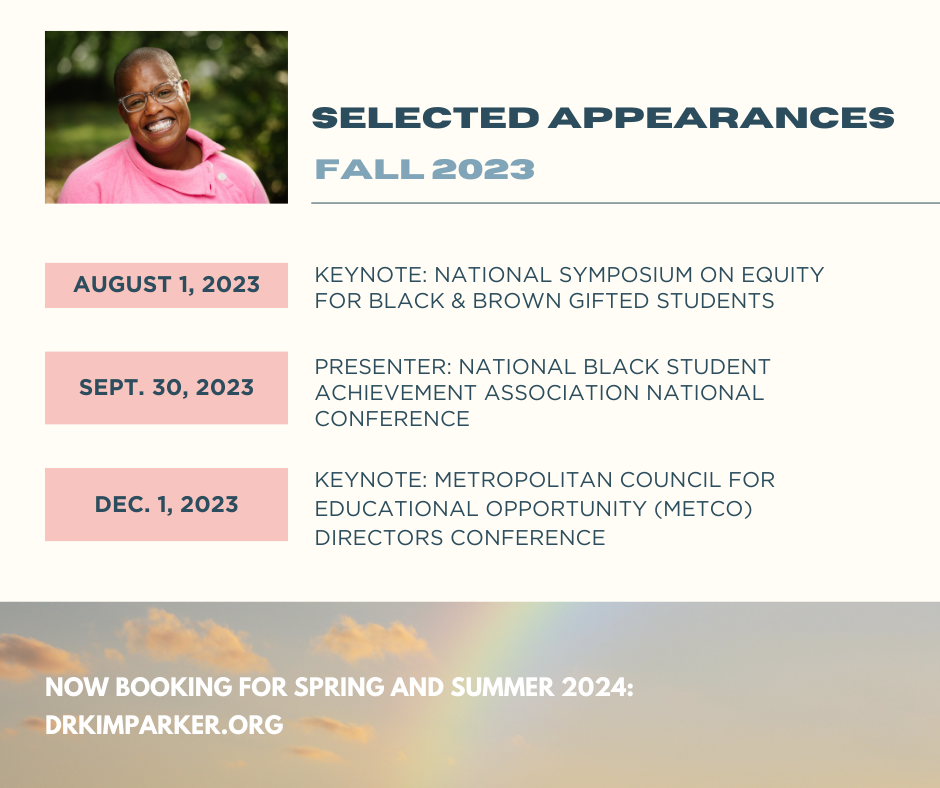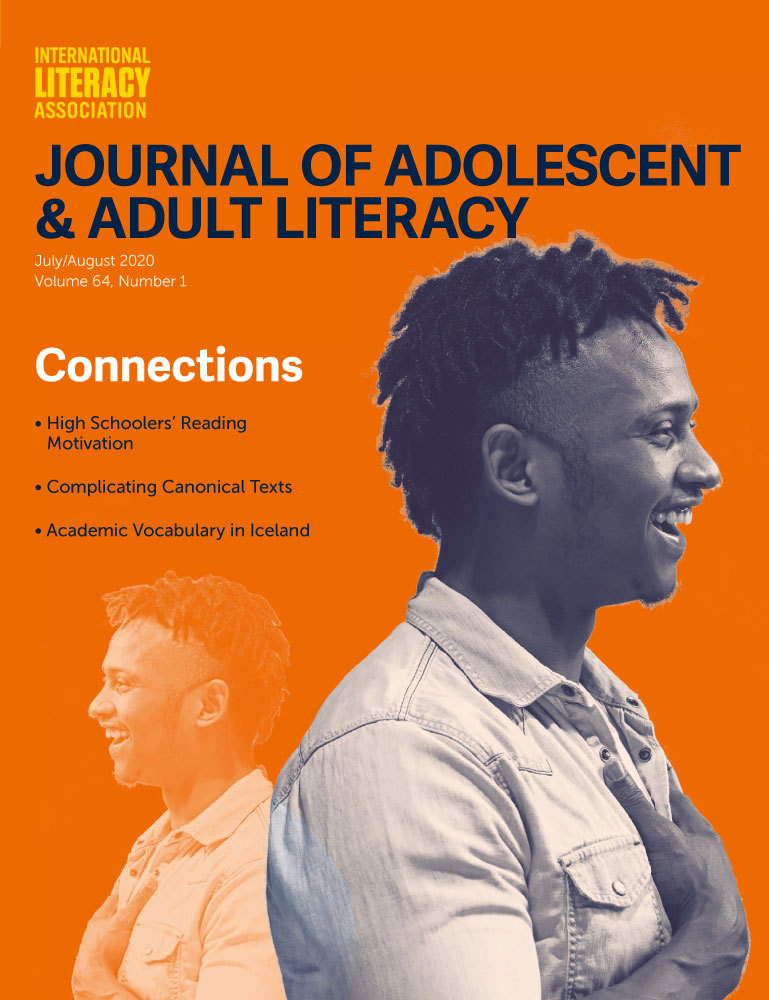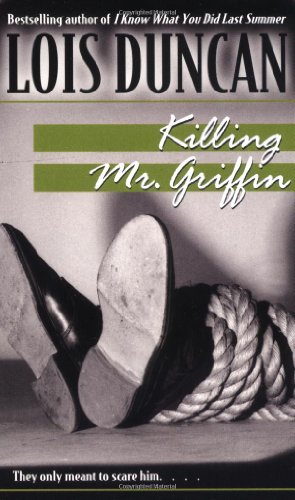Finally, I get the schedule I want: all College Prep classes. In these classes, you’ll find mostly students of color, kids from low SES, all the other kids who are underserved by public education today.
Seriously: I’ve wanted this schedule since I began teaching at this school. I have had the most success and the most enjoyment from teaching from working with this population during my career. Don’t get me wrong: it’s always the hardest work to do on all sorts of fronts, but, usually, it seems that the work matters most here.
I began the year by reiterating what college prep is: that the expectation is that students will GO TO COLLEGE. Thus, they need to be able to read and write well. When I said that the first time, I’m pretty sure I heard a student whisper to another “this isn’t Honors,” and I took the opportunity to say: l tend to teach all my classes the same, from grad students to them. That expectation is loosely true: work really hard, do your best, and you end up okay. I scaffold and help kids who need it, but I teach my CP class just like it’s an Honors class, more or less. If we can by joyful during the majority of the time while doing the work? Well, that’s incredible, too.
I knew I had to get kids reading as soon as possible. I caused a huge amount of controversy by asking for a cart from our school’s library for my classroom–apparently that’s not a policy the school adheres to. So, just when I had kids HOOKED on books, I had to take the cart away. I have always maintained a classroom library of hundreds of books (usually around 500, give or take the ones the kids don’t return), but the last time I was in an under-resourced school, I donated ALL of my books. And I have a good-sized high-interest library at home, but I am now at the point where I use those books for PD and other events, so I try not to bring them to school. That resolve didn’t last long at all once I got the kibosh on the library cart. Now, I’m in a frenzy of applying for grants (and don’t get me started on how much money our school district spends per kid…) so I can buy enough books to sustain my classroom library. UGH.
What cannot be overlooked, however, is that THE KIDS ARE READING BOOKS!! Yes, lots of books. 12. That’s the completely arbitrary number I came up with and told my students that they needed to read that number of books in addition to our whole-class texts. Why not set a big, hairy audacious goal? I mean, geez, what do we have to lose? Even if they come nowhere near close to 12, they’re going to read something because I’m going to make sure of it. Seriously. And we are going to have a huge party at semester’s end where we do, indeed, turn up for reading. Reluctant readers are my jam. I’ve worked with them for years, so their lines of “I haven’t read a book in years,” or “I don’t read,” or “there’s no book I like,” is sort of like music to my ears.
Gauntlet thrown.
Once they say those lines, I get busy. While there are so many great books out there, I think we tend to forget the old reliable, tried and true ones: Tears of a Tiger by Sharon Draper, First Part Last by Angela Johnson…I’m not going to list them all, but I might try to put some ones at the end of this post just in case folks are wondering. What is important to note is that there are books out there for every single kid. You just have to get the books into their hands. Which means, too, that, as teacher, you have to become THE BOOK PERSON. That is both a great honor and a daunting one because it’s all I can do to stay one step ahead of them.
I’m now consumed with the idea of Reading Ladders: I want to get students to increase the complexity of the texts they read. The idea is that each book they read should be just a bit harder. The thing is, with kids who aren’t big readers, every rung has to be just right, because they’re quite fragile, these young people. If it’s too hard, they’ll quit. Not interesting enough. Done. Boring? Kiss of death. And just when I might hope we’d get some momentum going? We have to begin again. And, as I tell them often when they’re on my nerves: we don’t have time to waste, particularly when we’re trying to make years of gains in a semester.
How do I pick the rungs on the ladders? While students read during our daily self-selected reading time (20 mins. every day), I conference with 3-4 students, working my way around the class every two weeks. I conduct a Status of the Class conference before reading time begins and students report the page they’re on. I can coax, praise, ask questions during that time. If a student isn’t making enough forward progress, I make a point to chat with them during the conference to figure out what the problem is. Students are also required to read at least 20 minutes outside of class daily. I’m trying to get them to develop a habit. 20 minutes of their own teenager time is HARD to devote at the beginning. We talk about how we can get to 20: 5 here, 10 there, 5 more…reading on the bus, trying to read before bed, between technology time…I am relentless in turning my classroom into a literacy community as quickly as possible. I have a wall as they walk out entitled “Reading Suggestions.” I read a lot and I also read a lot about books, so if there’s something I think a student will like (based on reading surveys and conversations), I put their name on a Post-It with the book suggestion (my life is written on so many Post-Its in my classroom). I model reading, which is sometimes hard and sometimes easy. I got caught up in this chick lit book, Big Little Lies, that was on a 2-week loan from the library. It was SO GOOD that I extended reading time a couple of times so I could read. I told the kids that I even put my son to bed a half hour early so I could finish the book. They loved it!
It was a true story. Couldn’t put the book down. I also remembered how fun it is to be caught up in a book, where all you want to do is read, not be disturbed, slow down so it doesn’t end.
All kids need that feeling. And the ones I have this semester are starting to feel it. With the exception of 5 or 6, all the rest have finished at least one book already, and many are on to their second or third. We have momentum. I am terrified about what is going to happen once we begin a whole-class text study, but I have some ideas about how to approach it (and I’ll write about those, too). I am also worried about how I’m going to come up with books and how I’ll find time to write the grants I need to write…
For now, though, the books are in the kids’ hands and they are READING. And there is so much right in that.




 I’m trying to write a grant for more books for my classroom library. The application asks for two references. For awards like this, where the grantors are actual educators, I try to have actual students write those letters. I am never, ever disappointed. I asked a current student and one I had a couple of years ago. They complied instantly.
I’m trying to write a grant for more books for my classroom library. The application asks for two references. For awards like this, where the grantors are actual educators, I try to have actual students write those letters. I am never, ever disappointed. I asked a current student and one I had a couple of years ago. They complied instantly.